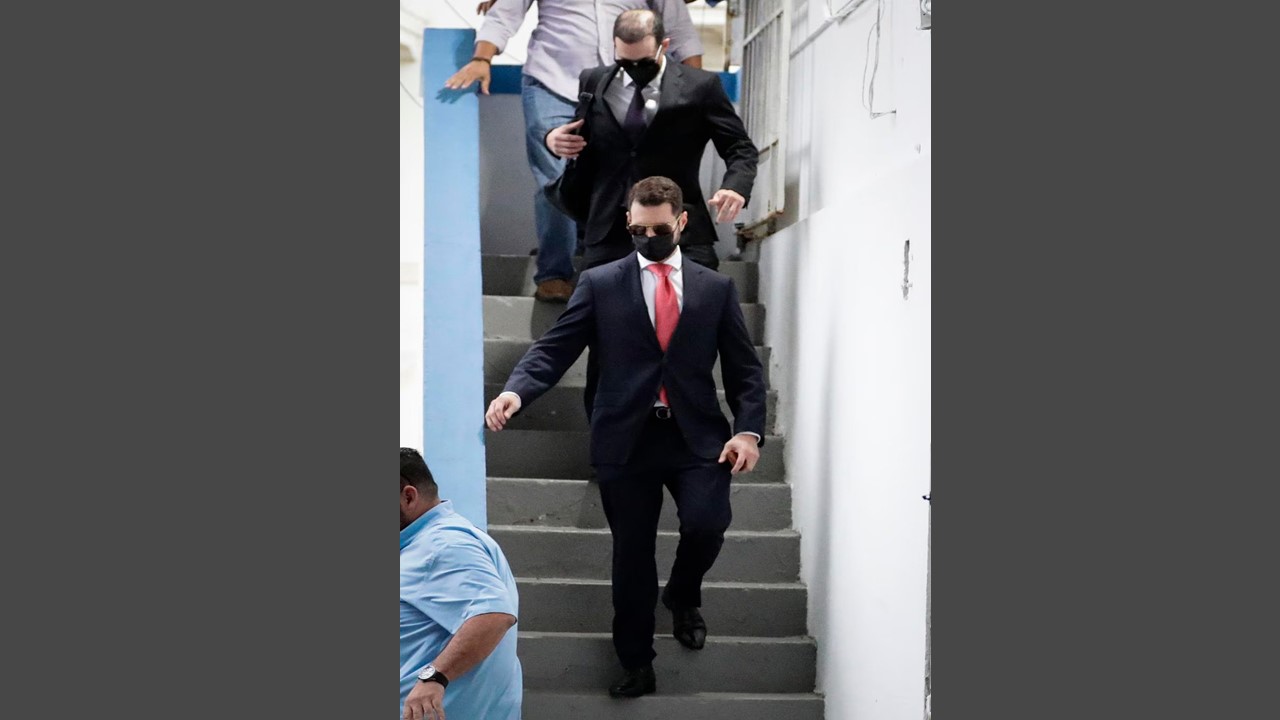Central American Parliament distorted – Business group

There is a “distortion” around the Central American Parliament (Parlacen) with the “desperate, intentional and convenient use” that certain deputies make to shield themselves from facing national and international justice ” far from the purpose for which Panama joined” the regional body says Panama’s Chamber of Commerce, Industries, and Agriculture (Cciap).
The business union, said Sunday, August 13, that, in the face of this type of situation, the country must rethink its participation in Parlacen.
The organization stressed that the privileges -both parliamentary and electoral- were not created to evade justice or as a letter of marque to be invoked whenever appropriate.
Instead, the Cciap points out that the criminal electoral jurisdiction was conceived to promote fair and equitable popular elections since it has its genesis in the need to protect candidates for popularly elected positions from the persecution they could be subjected to for part of those in power.
However, this figure has been deformed “to the point of becoming a shell of impunity behind which politicians and people involved in high-profile cases hide.”
“The elements raised here make us emphasize that all these jurisdictions must be eliminated. Societies are called to evolve with the times; we cannot justify their existence by the ghosts of the past”, it is pointed out in the letter.
The pronouncement Cciap comes a few days after the swearing-in of Ricardo Alberto and Luis Enrique Martinelli Linares as substitute deputies for Parlacen failed.
On Friday, the Martinelli Linares brothers could not be sworn in, as was their wish, because there was not the necessary quorum: The bench of parliamentarians from Panama will meet again at the sub-headquarters of the regional, on Monday, August 14. The Martinelli Linares brothers are called to trial for the Blue Apple and Odebrecht cases. The Blue Apple trial is due to start on August 22 and the Odebrecht trial on September 27.
Ex-cons
Both processes investigate the payment of bribes and alleged money laundering, a crime for which they were already imprisoned in the United States, after confessing to a New York judge that they used the financial system of that country to launder at least $28 million in bribes from Odebrecht.
If they acquire the status of deputies to the Parlacen, the procedural rupture of the processes could be decreed and, if so, their cases would be sent to the Supreme Court of Justice, which is the entity that is constitutionally in charge of investigating and prosecuting the deputies ( principals and substitutes) of the National Assembly and Parlacen.





